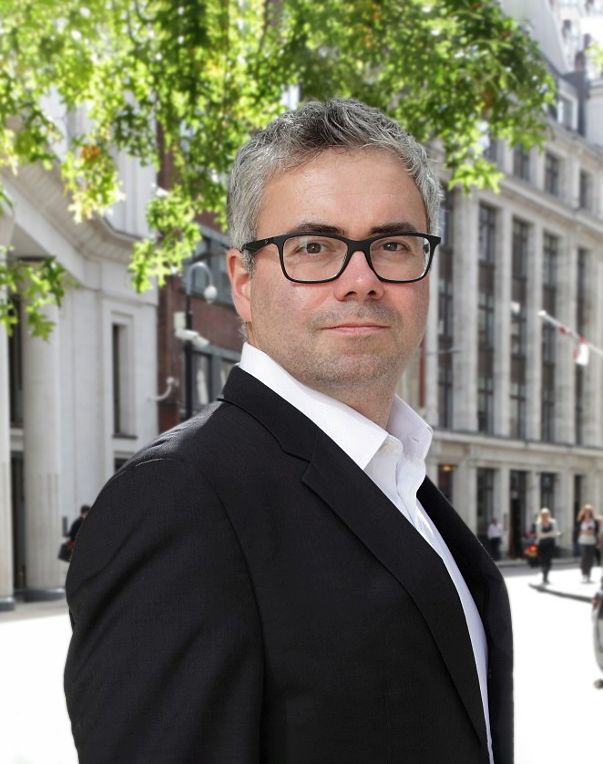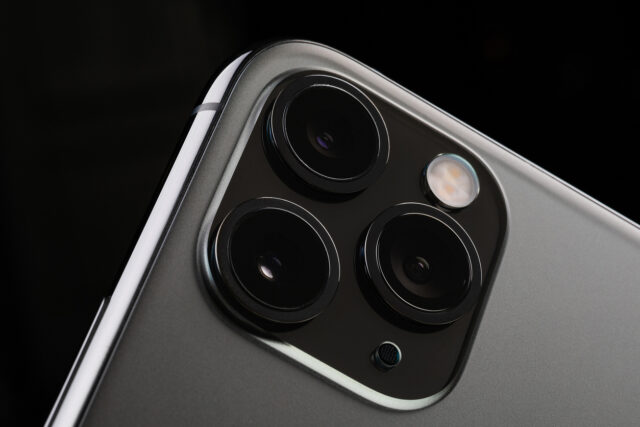Some things change quicker than others.
In procurement’s case, it is speed so fast that the function’s own rulebook is almost being rewritten.
Truthfully, procurement has had to think on its feet. A rough Covid pandemic mixed with navigating the complexity of wars and inflation has been a cumbersome combination. But procurement has not been without help. The acceleration of digital has stepped up to the fore with many functions embracing tech-driven processes in ways previously alien to increase efficiency and decrease costs. Add last year’s buzzword, generative AI, into the mix and procurement is almost unrecognisable. The function isn’t tucked away out of sight anymore, it stands as an important cog in an organisation’s machine.
And having witnessed procurement’s trials and tribulations first-hand is Simon Geale. Having served as Executive Vice President, Procurement, at Proxima since June 2021, he has been involved with the organisation for almost 14 years overall. Geale has worked in procurement for more than two decades and has spent the majority of his career in solutioning roles designing procurement organisations and programmes.
His company Proxima provides expert procurement services to a comprehensive client list featuring some of the world’s largest organisations. As a part of Bain & Company, Proxima helps its customers spend their money wisely through an extensive suite of procurement consultancy services focused on cost transformation, supply chain sustainability and decarbonisation. “My role is not like a traditional Chief Procurement Officer (CPO), I’m more market-facing,” discusses Geale. “I’m there to communicate what we think, what we say and the services that we build. I essentially keep in touch with our communities and calibrate what we do as business accordingly.”

Sense and Simplicity
Indeed, the procurement world of 2024 is in a vastly different place than it was when Geale first joined. 20 years of digital transformation and evolution have taken place since then. But interestingly, in 2005, in a previous role at Philips Electronics he attended an internal conference where he heard the launch of the tagline ‘Sense and Simplicity’. Given the trajectory procurement has been on since then, how curious is it that ‘Simplicity’ is one of Geale’s key themes of 2024? “I suppose it’s something that’s always stuck with me, that concept of let’s make things that make sense to our customers and are easy to use. We have to think about the value to the customer in everything that we do.
“For example, five or six years ago we had built a supplier management platform and I was trying to sell it within the procurement community. I can remember having many meetings with procurement teams and very few, if any, walked out of that meeting saying this was a bad idea. There was universal enthusiasm for the concept and the feedback was great. But the adoption was low, contingent of driving quite a big organisational and operating change. It was too hard at the wrong time.”
Looking back to move forward
One can learn a lot from the past. Famous scientist Albert Einstein once said the definition of insanity was to do the same thing over and over again while expecting different results. Indeed, Geale believes that what went before can act as a powerful reminder of how far procurement has come. The general perception of what procurement is and what it does has also shifted over the years and despite clear evolution, Geale affirms the core human elements remain the same.
“I remember doing a speech on supply collaboration once, and actually some of the best lessons were from the 1990s in automotive,” he explains. “I think topics like relationships, talent, capabilities, skills and digital, they don’t go away. They keep coming back round but the business environment, and our capabilities have moved on. The questions are slightly different, but the theme is the same. It’s easy to dismiss something from 10 years ago and think it’s old news. But it all comes back around and actually, a new innovation could be a learning from the past or a fresh take on something.”
Procurement’s new dawn
Every year, Proxima consults leading CPOs to get their take on the opportunities and challenges in the year ahead in Proxima’s CPO Report. This year’s entry had reflections from the likes of Thomas Udesen, CPO at Bayer, Sandra Brummit, CPO at NiSource and Laura Cook, Director of Procurement at Primark. Having spoken to dozens of CPOs as part of the report over the years, Geale believes a common theme is that the average CPO is juggling having to do more with less resource than five years ago.
“CPOs might have grown their function, but it’s in response to a much bigger to-do list,” he explains. “They’ve virtually all got big cost targets, a resilience agenda, data and transparency agenda and digital initiatives which means more tech investments within the businesses that they serve. Yes there is more sophisticated tech available to them to help them but they are unlikely to have unlimited budgets.
“They probably need to shift around some skills, balance some external insights to help challenge their thinking, and pick and choose where they need external support. On the positive side procurement is more relevant and better understood than in past times. They’ve likely got an organisation that has a better understanding of who they are and why they partner with them which means they can backtrack on some of the historic processes and red tape and allow for more flexibility and self service. The CPOs that we interviewed are really focusing on trying to get people to spend time and efforts on what really matters.”
Procurement future-focused
In the report, Udesen discussed three core areas that procurement leaders should focus on. Eliminate time consuming tasks, sustainability and learning from mistakes. “Firstly, it’s time to eliminate practices that are consuming too much time and not adding value: think tedious, time-consuming processes that can be eliminated and replaced with more pragmatic and practical measures,” he reveals in the report. “We must continue to adapt and evolve our profession, learning from mistakes of the past, to stay current and applicable to future generations of business challenges.”
As technology’s influence in procurement continues to soar, Geale is in no uncertain terms that the landscape is moving towards a more transparent and connected model for value chains. However, he acknowledges that while a defined movement is underway, change this seismic won’t happen overnight. “The themes that we’re currently looking at around resilience, cost, sustainability and growth are going to be the same because they always have been,” says Geale. “It’s the world that’s changing and themes are staying very similar so it’s how we react to those. Things are going to change around the planet, and we are going to have to react to them. We don’t quite know how much or how yet, but I think it’s going to be fascinating.”











